The U.S. is cutting aid to Africa, but China’s economic challenges and focus on loans make replacing it uncertain.
The recent decision by the United States to scale back aid to African nations has raised speculation that China could step in to expand its influence on the continent. However, despite Beijing’s deep economic ties with Africa, replacing aid provided by the U.S. may not be as straightforward as it seems.
For decades, the United States has been a major contributor to Africa’s development, particularly in healthcare, education, and humanitarian aid. Programs like the President’s Emergency Plan for AIDS Relief (PEPFAR) have saved millions of lives. While China has heavily invested in African infrastructure, its aid model has focused more on loans and business investments rather than social programs. Shifting priorities to fill the humanitarian void left by the U.S. would require a fundamental change in China’s approach to foreign assistance.
China’s growing presence in Africa has not come without controversy. While Beijing has funded major infrastructure projects such as railways, roads, and energy plants, concerns over debt dependency and the quality of these projects have led some African nations to reconsider the long-term benefits of Chinese investments.
Although China remains Africa’s largest trading partner, it is currently grappling with an economic slowdown and domestic financial pressures. Expanding its aid commitments at a time of economic uncertainty may not align with Beijing’s immediate priorities. Moreover, stepping into a role traditionally occupied by the U.S. could heighten geopolitical tensions, potentially complicating China’s broader strategic goals.
While the reduction of aid provided by the U.S. may offer opportunities for China, filling the void is far from guaranteed. African nations are likely to seek a more diversified approach to aid and development, rather than relying solely on Beijing.
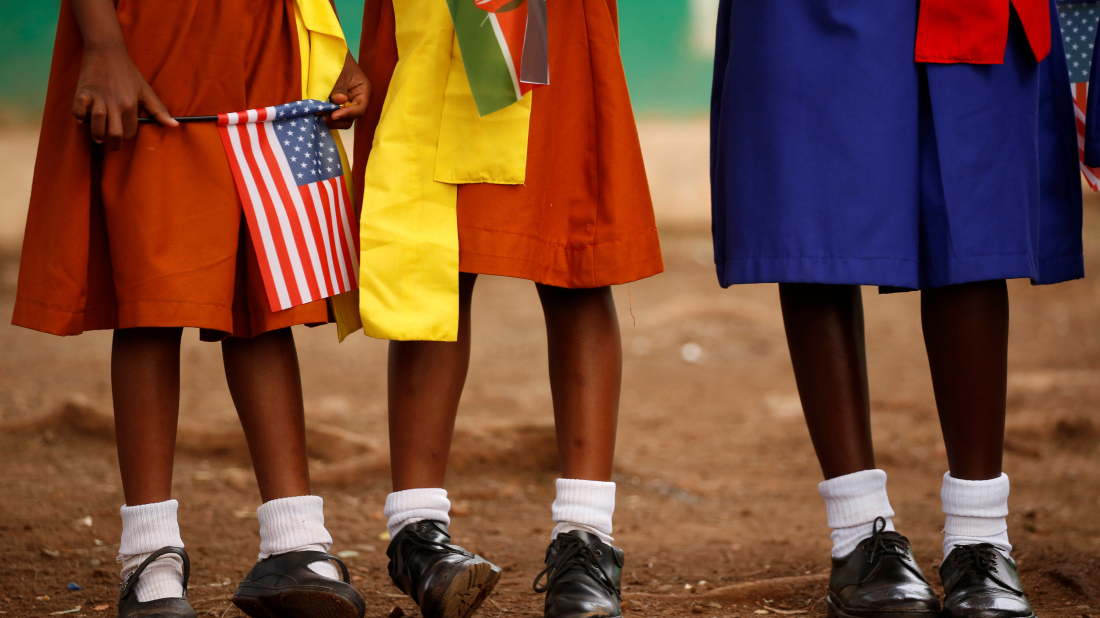
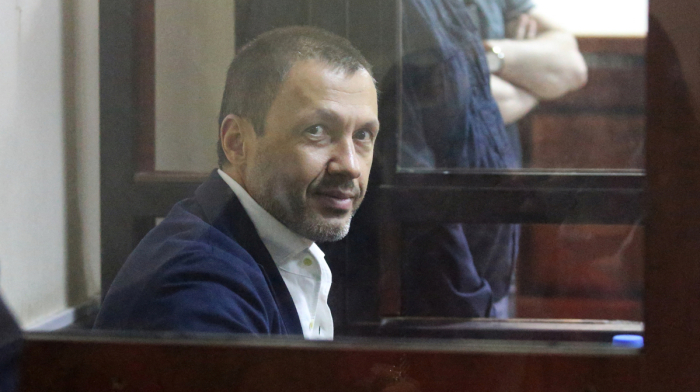
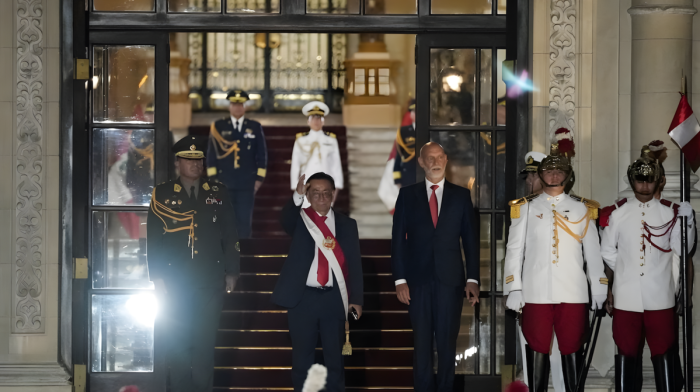

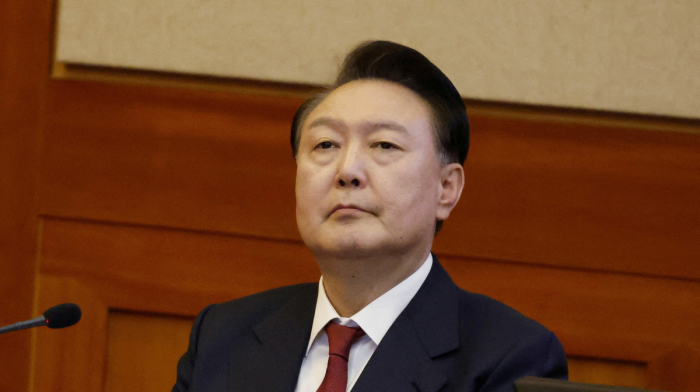
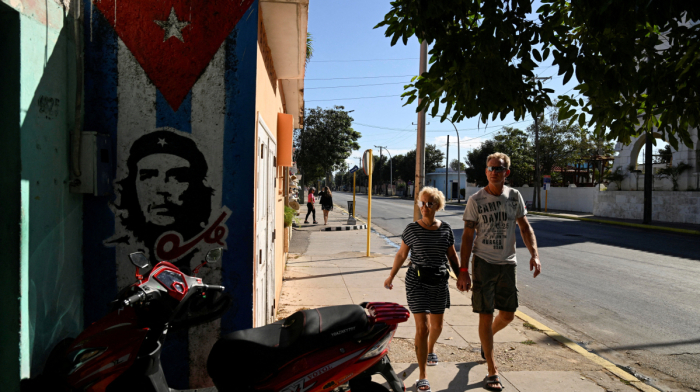

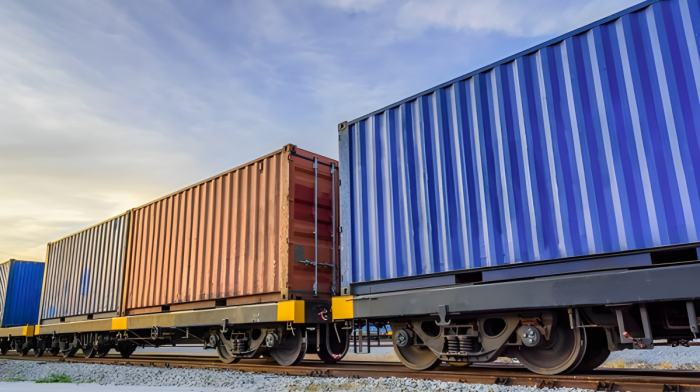
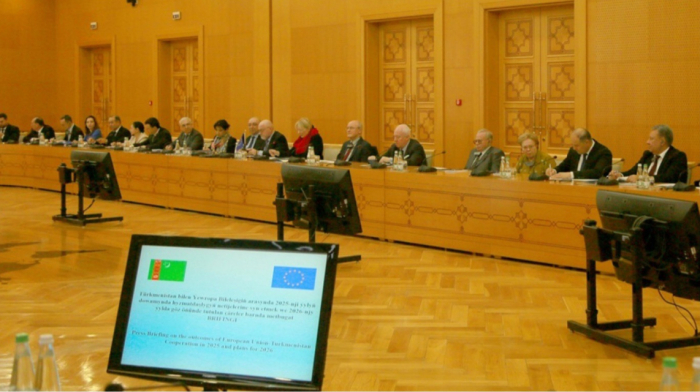

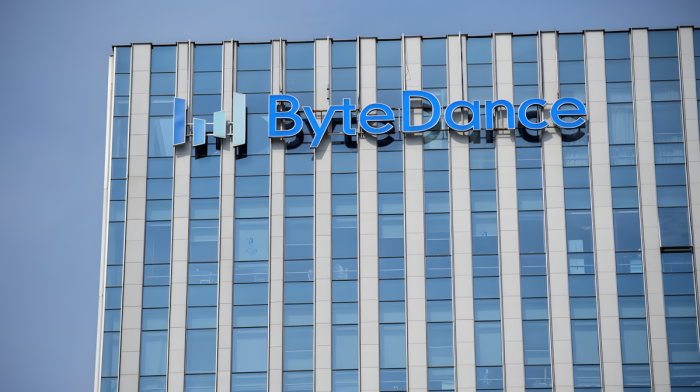

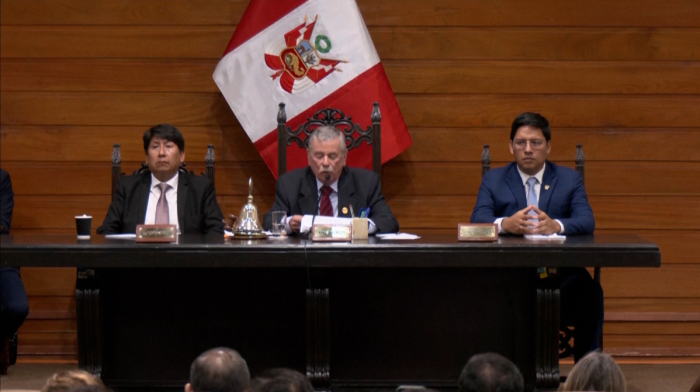


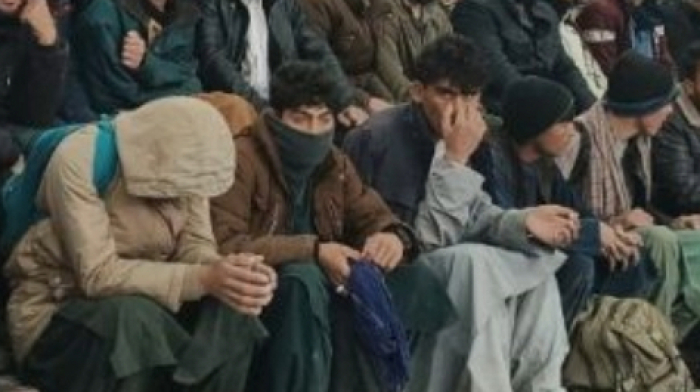




What is your opinion on this topic?
Leave the first comment